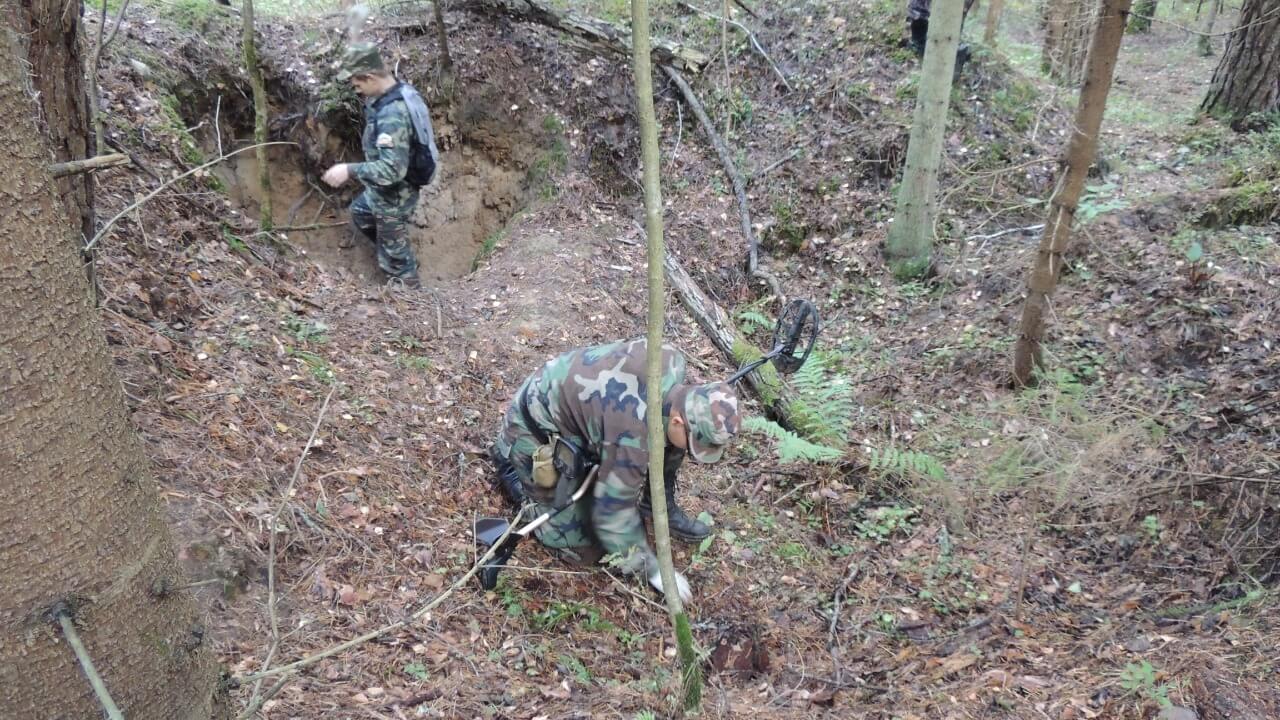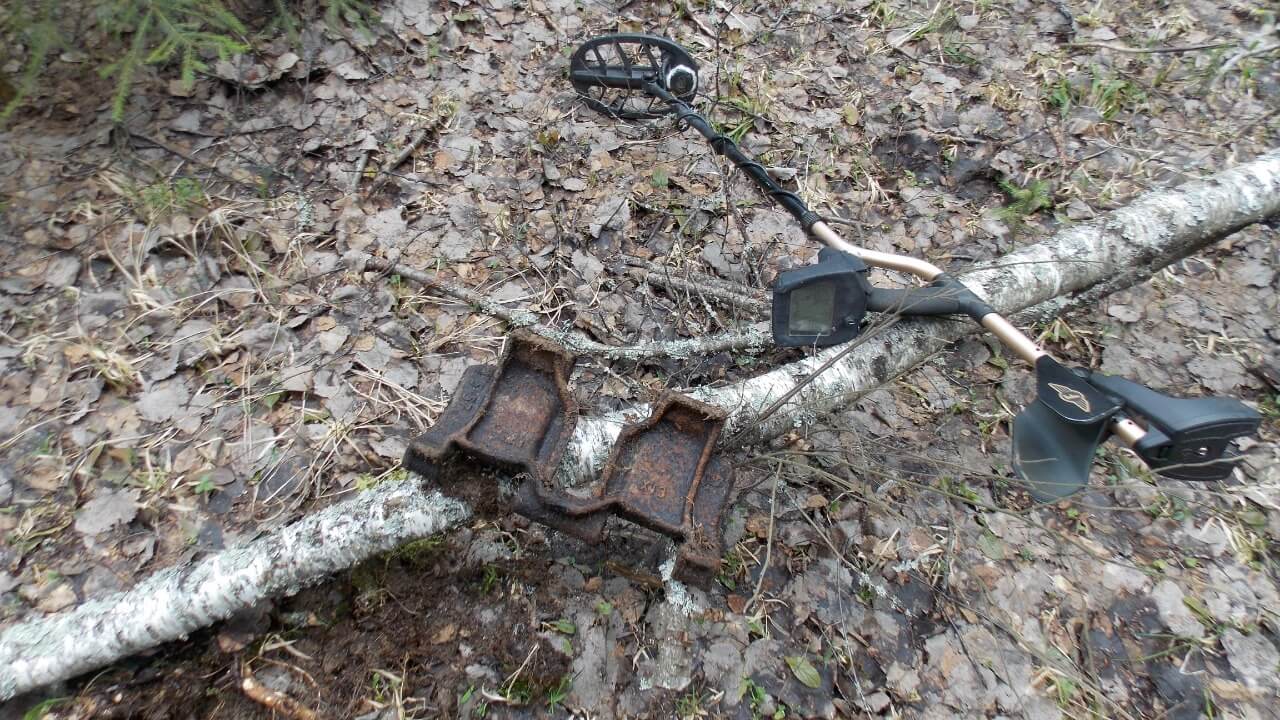Why search engines choose the Fisher F 75 metal detector
A couple of years ago, I was scrolling through my VK feed and saw a photo. It was a kind of report on the past watch of one of the Moscow search teams. Let me note right away that the detachment is official and has all the permits established by law for its activities.
So, while looking through the photo, I noticed that almost all the fighters of the squad (the word members, as it is not appropriate) have a metal detector of the same brand and series. It was, without further modesty, the legendary MD, Fisher F 75.

Here we probably need to explain that the abbreviation MD means (Metal Detector). It so happened that the other day I was talking to a friend about the topic of instrument detection, he said that he reads a lot and looks at everything on the Internet on the topic, but he just can’t understand what MD is .
Let's get to the point of the note. So, I wrote to the detachment commander with a question. “Why do all your fighters walk around with the same metal detector???” To which I received a completely logical answer: “We, each and every one of us, have our own devices.” I answered, “Why exactly Fisher seventy-fifth???”

And at this point some difficulties arose in the answer. It turned out that this particular model MD (and we already remember what MD means) was advised to buy by my interlocutor, another search engine with extensive experience, and another one, and so on, on, on. So, figuring out why exactly Fischer became an attribute of the squad took a little longer than I expected.

The first is the depth of detection of helmets. For those who are not very familiar with the specifics of the work of search teams, I will explain. The main thing for the squad is to raise a fighter. Several are better, and even better if the fighters are named. (this is with a badge or other object by which the name of the fighter can be determined) So, dead soldiers are most often discovered precisely by their helmet. The helmet is the largest metal object in a fighter's uniform. Therefore, metal detectors can see it at a depth of up to 2 meters.
True, experienced search engines confidently state that in terms of depth of detection of helmets, Fisher is inferior to ICQ 350, but here it depends.

The second is a quick response and separation of signals in littered areas. War detection is one of the most complex types of instrumental search. A huge number of metal fragments, littered dugouts and trenches, and just household trash cans in which you have to look for something valuable in terms of information and household items. This is where the Fisher F 75 simply has no equal among other metal detectors. The fact is that it was originally designed and created to search for coins in abandoned cowboy towns. The creators of the Fisher F 75 were completely focused on the American market. And, there, the main location for searching for coins is cowboy towns or other abandoned places of the wild west. Where sheet metal and nails make the earth sound when using any metal detector. And only Fisher’s creators made it possible to look for coins among other piles of garbage.

Third – and this turned out to be the most important advantage. Set of 4-piece AA batteries. The device operates for 40 hours. Have you thought about it? Users of other metal detectors began to cry. One set of batteries is enough for a whole week of search team duty. No need to look for a recharge, no need to howl that the batteries are lost somewhere in the glove compartment. There is no need to go to the shops of the surrounding villages and look for normal batteries. FORTY hours of full operation on one set of four AA batteries.

Here is a review of a good, in every sense, metal detector Fisher F 75. If anyone wants to add or refute something, write in the comments, we will be glad to have live communication with readers.
